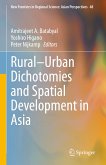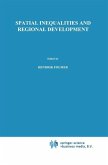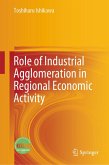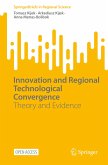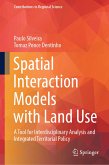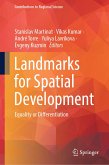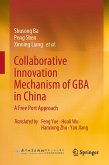This edited book is the first to bring together in one place new theoretical and empirical evidence as well as case studies about spatial spillovers, with a particular focus on spillovers in Asia. In the context of this book, spatial spillovers are locally bounded and territorially rooted interactions between one or more economic agents and their environments. They are salient because they affect regional economic growth and development. Specifically, the individual chapters in this book shed light on the different kinds of spatial spillovers witnessed in Asian regions, particularly those that derive from the acquisition and transfer of knowledge, those that arise from horizontal or vertical industrial interactions, and those that come about because of economic growth. The book departs from the existing literature in three ways. First, the book explicitly recognizes that different kinds of spatial spillovers have dissimilar impacts on the lives and therefore on the welfare of the residents of different regions. Second, the book emphasizes the varied dimensions of the interactions and the ways in which these dimensions influence different societies. Third, this book demonstrates the ways in which an understanding of the preceding two points contributes to our knowledge about the nexuses between spatial spillovers and regional economic growth and development. Because Asia is the fastest growing and the most dynamic continent in the world today, the research delineated in the individual chapters of the book provides practical guidance concerning two salient questions. First, how do we effectively address the economic growth and development challenges stemming from spatial spillovers between one or more regions within Asia? Second, how do we ensure that the policies we design to address these challenges give rise to broad-based and sustainable economic growth and development?
Dieser Download kann aus rechtlichen Gründen nur mit Rechnungsadresse in A, B, BG, CY, CZ, D, DK, EW, E, FIN, F, GR, HR, H, IRL, I, LT, L, LR, M, NL, PL, P, R, S, SLO, SK ausgeliefert werden.



